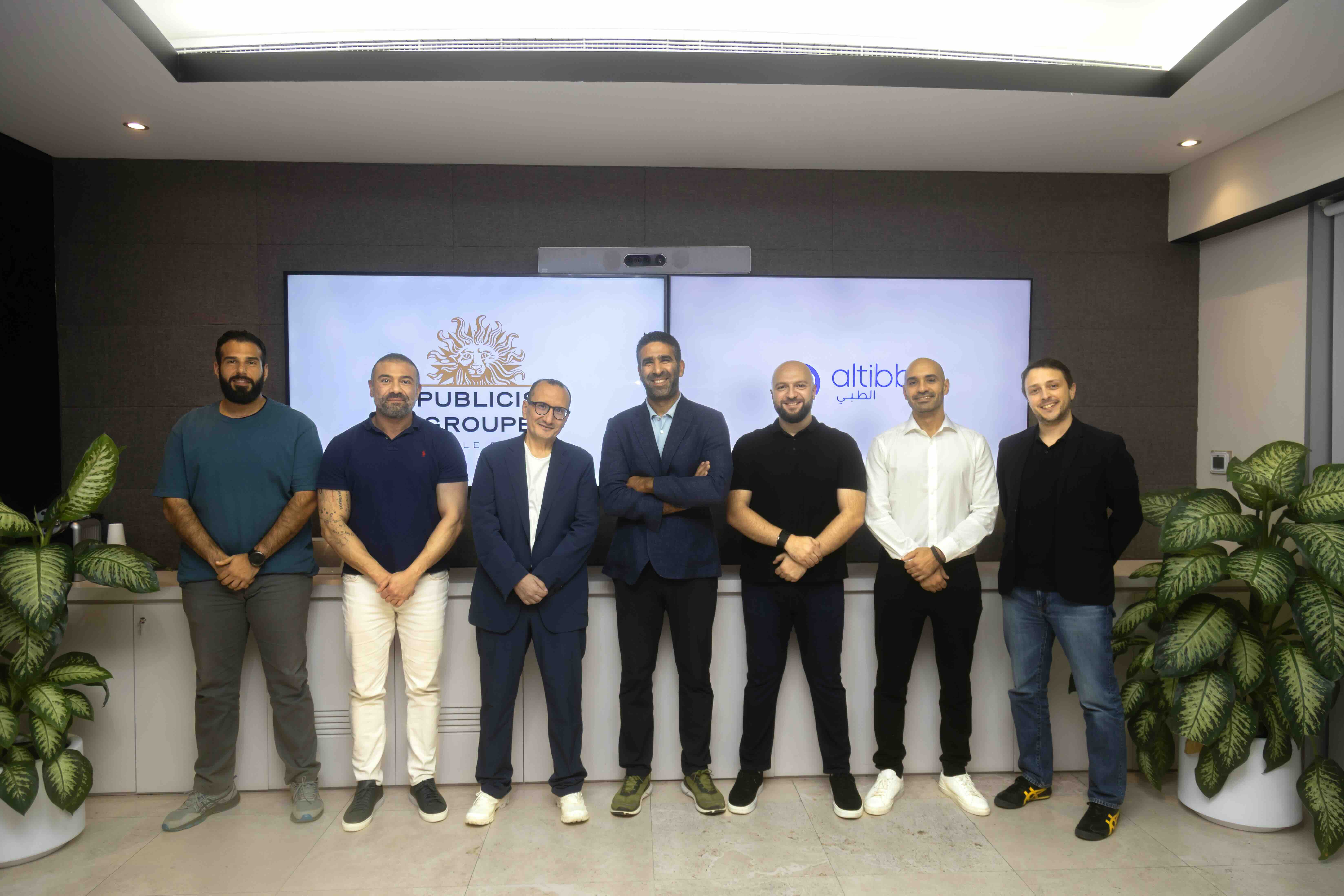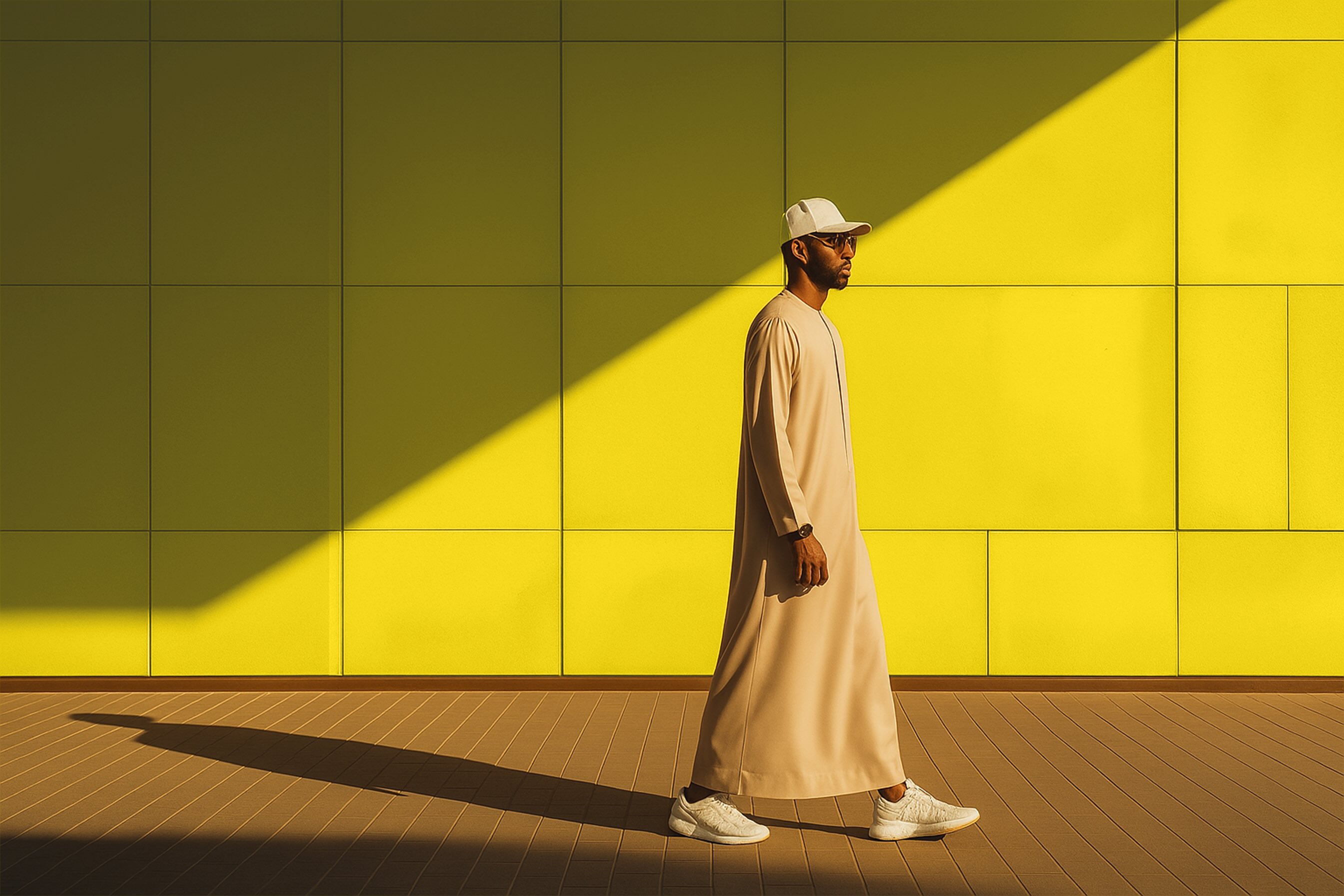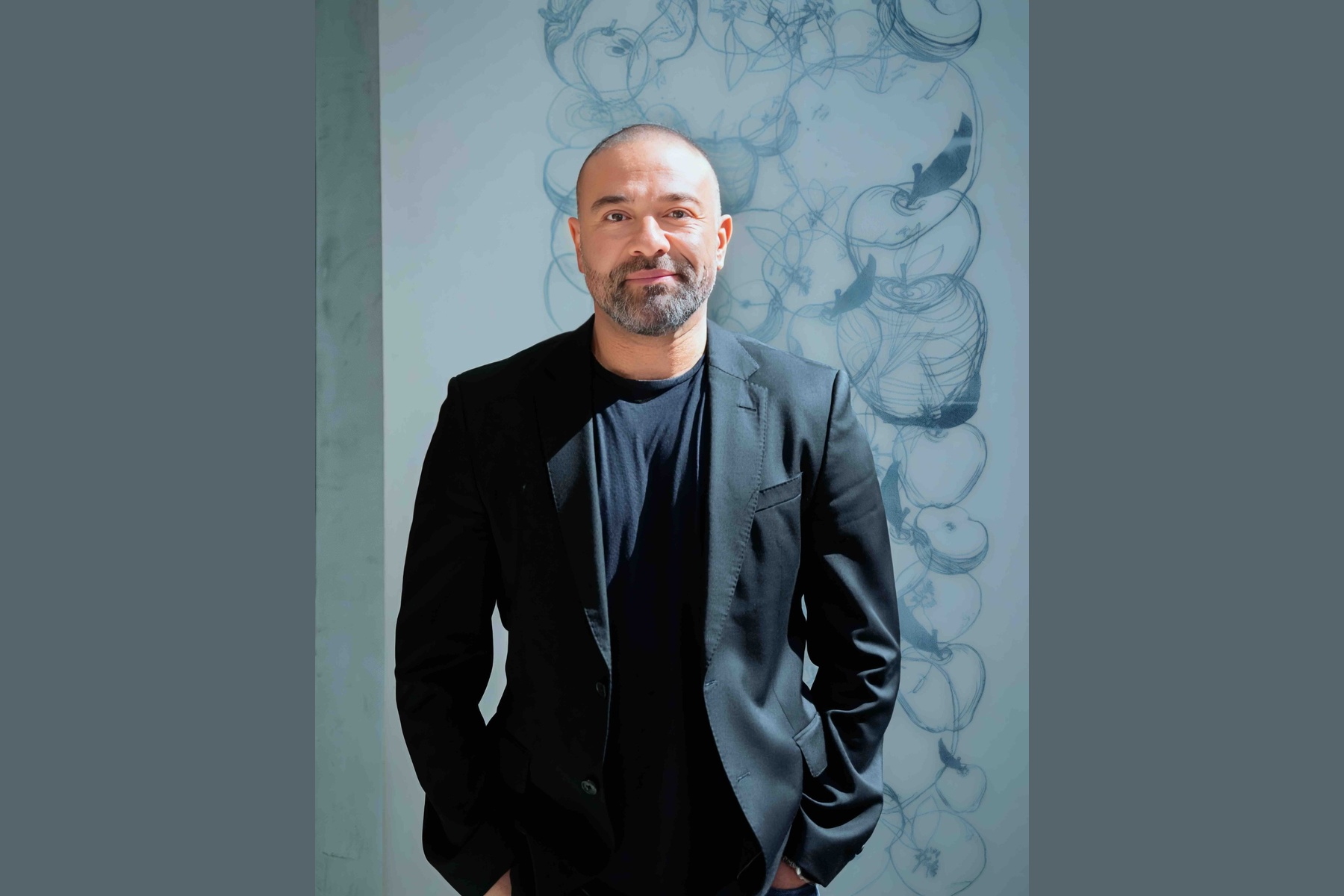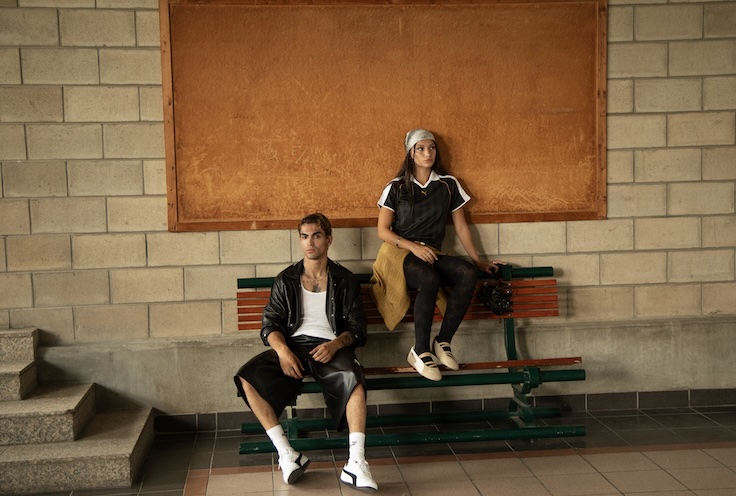News - Advertising
Sebastien Boutebel: ‘You come for the perception and you stay for the reality’
August 2, 2024
.jpg) Advertisement
AdvertisementYOU x DUBAI
Where did you grow up?
As the son of a diplomat, I never really grew up in one place. I’ve called New York, Detroit, Montreal, Sao Paulo, Dubai, Bahrain, London, Stockholm, and Paris home. Not just because I lived in those cities, but because they made me realize that home is never one place. Home is a state of mind — the ability to shape conditions that are not in your favor into the most favorable ones.
What made you pick Dubai? How did you get your job? tell us the full story in short.
I was born in Saudi Arabia, and two years later my brother was born in Sharjah. We called Dubai home until I was five.
As a father of two, I wanted to give my children the same globe-trotting experiences I had growing up. Returning to Dubai was the clear choice.
Joining Publicis Groupe aligned with my professional ambition and vision. I joined at a time when Saatchi & Saatchi was a key pillar in the shaping of the region’s Power of One. In one year, we doubled the agency in headcount and revenue, while winning over 50 awards and ranking as the second most creative agency in the region.
Ok, so what do you actually do? How would you explain your job to a taxi driver?
You go from point A to point B. And so do I. Point A is a business issue, and Point B is the solution. On my way to point B I need to be moved by the every day and move people without interrupting their every day. I need to steer the course for the team and let imagination pilot the solutions. On the way, we would love to lead the way to creating work that contributes to the world on a humanitarian level, on a pop culture level, on a business level.
What makes Dubai so attractive for creative talents?
There are clear parallels between Dubai as a city and creative talents in our industry. There’s an alchemy to the people and what they aspire towards. It’s the thirst to never settle—a restlessness and ability to always try to see what’s around the corner—building what comes next.
For both the industry and the city, you come for the perception and you stay for the reality. The exterior glitzy, attractive, and buzzing, and then when you’re immersed in it, you stay for the people and their common otherworldy ambition.
What do you love most about Dubai?
I love that no one really belongs here—so really, everyone belongs.
“In any room you enter you’ll find people from six different nationalities, able to bring in their own heart and experience.”
ON CULTURE AND DIVERSITY
How do so many cultures work together to create successful campaigns that speaks its own language and fits so many cultures at the same time?
On a global level, the world is facing the same types of challenges.
Solutions to these global problems are infinitely faceted – each facet is a hyper-local approach. Cultural nuance is just a lense through which we see creative solutions.
But a good idea is a language spoken universally.
Do you find it easy to work on campaigns that flex a cultural nuance truly distinct to the region, delivering the kind of hyper relevance that you may struggled to land in a western homogenized culture?
Do I find it easy? I mean in any room you enter you’ll find people from six different nationalities, able to bring in their own heart and experience. It allows our work to be grounded in something real.
When a brief lands on our desks, we lean into the uncertainty, and allow it to be swayed by the spectrum of viewpoints and backgrounds that surround it, until we get to a truth that dismantles the problem.
ON THE IMPORTANCE OF AWARDS
Why do you think advertising awards matter so much?
Sometimes the root of creativity is jealousy. There’s so much subjectivity in this industry, that award shows are needed to spotlight the ideas that are objectively brilliant—planting the seeds of envy into even the most junior creatives. And this envy fuels us all to work together in groundbreaking ways, to create work that gets celebrated, initiating the cycle all over again.
Your take on this year’s Dubai Lynx..
This year, just like the others, we saw that purpose is contagious. Our region necessitates work for purpose and CSR, so this is always spotlighted and celebrated. But now we’re seeing more and more that the industry is veering back towards humor and entertainment. The canvases for expression and tools we are seeing have evolved – but one principle has not. People want to be entertained and uninterrupted. So we’re seeing this in the tech being used and products being innovated.
The one award every creative or agency wants to win.
I could name that I’ve been coveting. And that’s the D&AD Black Pencil.
Your top three awards...
Cannes Lions, D&AD, and the Emmys (because why not).
Could you name a recent project you are proud of and think deserve to be awarded.
I’m proud of the Saatchi team’s work on Nana – ‘Taboo Totes’. In the Middle East, where 75% of women feel embarrassed buying and carrying menstrual pads, brands had yet to tackle this taboo. Our ‘Taboo Totes’ campaign shifted the narrative from shame to pride, and from concealment to transparency. By having influencers carry menstrual pads in transparent totes, we transformed a moment of potential discomfort into one of empowerment and normalcy. This not only challenged societal norms but also fostered a more open and supportive environment for women’s health.





.jpg)





.jpg)




